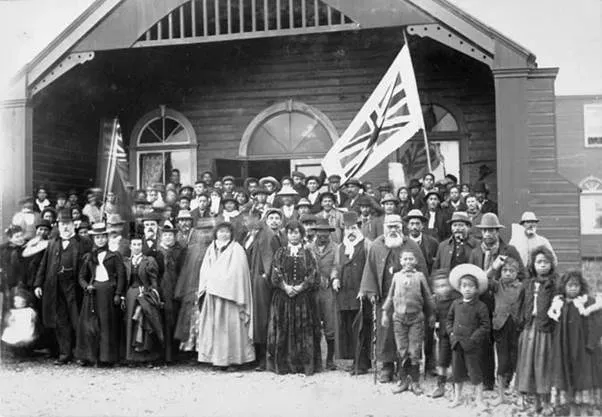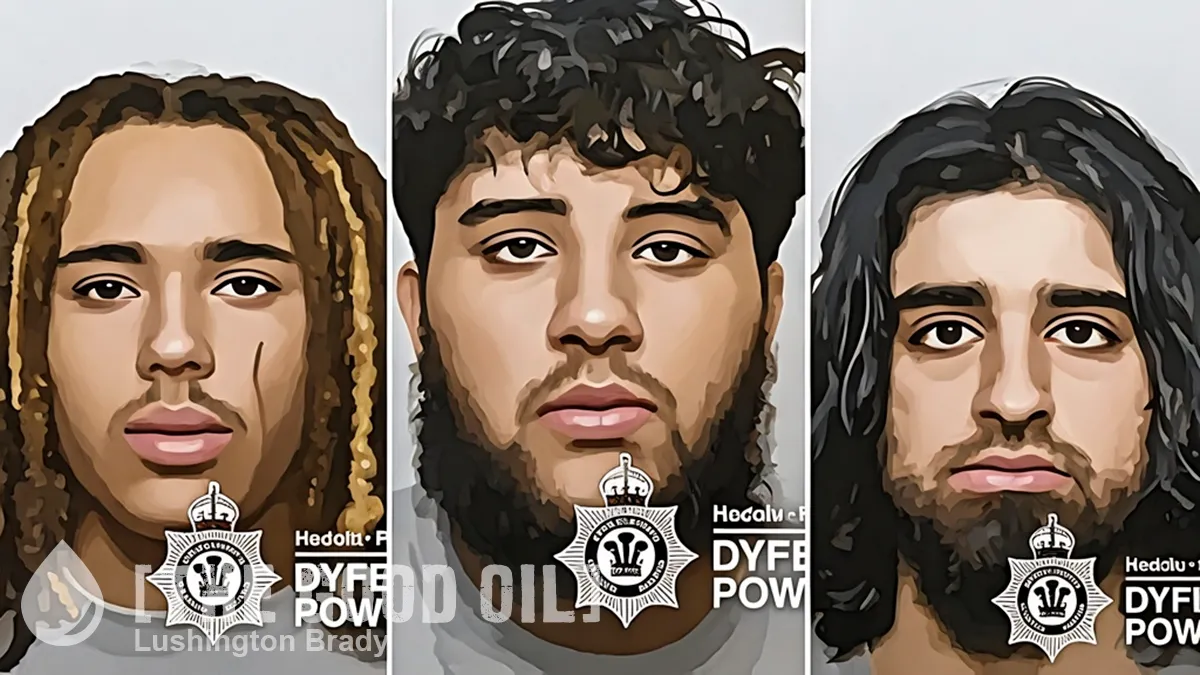Table of Contents
Chris Trotter

THE DEMAND for a “Maori Parliament” needs to be carefully unpicked. Some Pakeha, thoroughly alarmed by the incendiary rhetoric surrounding the proposition have taken to muttering darkly about “sedition” and “treason”. This is not a helpful line of reasoning to pursue since a threat, if it is to be counted real, requires a credible means of delivery, and, as far as we know, Te Pati Maori has little to put in the field beyond the thousands of peaceful protesters it has already deployed. But, if the proposition is not to topple New Zealand’s present political system and replace it with one more reflective of Maori tikanga, then what, exactly, do these Maori constitutional architects have in mind?
Crucially, given the fundamental importance of the issues under review, that remains far from clear – at least to most Pakeha. This is not accidental. Indeed, the Maori reticence to openly discuss constitutional reforms with Non-Maori is entirely deliberate. Although constitutional discussions have been taking place within Te Ao Maori for decades, and in spite of the fact that the discussions and debates of the past five years have brought at least the scaffolding of an “Aotearoan” constitution into much sharper focus, Maori are extremely reluctant to discuss their constitutional ideas with the rest of New Zealand.
Their unwillingness is entirely understandable. Most New Zealanders’ understanding of the constitutional instruments by which they are governed is pretty hazy. They know that their country is a monarchy, although an alarming number of them do not appear to appreciate that it is a constitutional monarchy. Many are convinced that the King retains the power to – and should – intervene directly in the nation’s political affairs. They will similarly affirm that their country is a democracy, even if far more of them than is good for any democracy utterly despise the politicians they elect, and would happily reduce their numbers by half. Most Kiwis are confident that they “know their rights”, but are not at all sure it is wise to make them available to everybody.
The sheer scale of this constitutional ignorance, on full display during the occupation of Parliament Grounds in 2022, is frightening. The capacity of New Zealanders to transform themselves, from groovy anarchist collective to howling lynch mob, in no more time than it takes to shout “Hold the Line!”, was daunting enough for educated middle-class Pakeha. For those seeking to advance the cause of New Zealand’s indigenous minority, it can only have been profoundly discouraging.
The question they’ll be asking themselves and their fellow reformers is a brutal one: If Maori cast their constitutional pearls before these pig-ignorant Pakeha, would they have even the faintest notion of what Maori were on about? Assuming that, among those pearls, were the concepts roughed-out in the He Puapua Report, and the institutions sketched by the late Moana Jackson in his Matike Mai paper, the answer would be an emphatic “No!” A new constitution, predicated on the twin principles of Decolonisation and Indigenisation, or, as most Pakeha would instantly rephrase the proposition: a constitution based on race; simply will not fly.
That the mainstream news media seem equally uneasy about spelling-out the ramifications of the sort of reforms favoured by Maori intellectuals is strongly suggestive that editors, too, fear the reaction of “Boomer Cracker Settlers”. Though young political journalists will eagerly affirm that Pakeha New Zealand has moved on from the sentiments of Don Brash and the Iwi vs Kiwi election of 2005, their bosses seem remarkably skittish about in putting the younger generation’s confidence to the test.
Considering the huge response non-mainstream media outlets, websites and bloggers almost always receive whenever they publish, broadcast or post on the Treaty of Waitangi, decolonisation and/or indigenisation issues, the reticence of mainstream journalists makes a kind of sense.
If, for example, the big media outlets were opting to present the developing story concerning the Waipareira Trust, Te Pati Maori, and the alleged use of Te Whatu Ora and Census data in the 2023 General Election, after the fashion of mainstream journalists covering Maori issues twenty years ago, then the public response would likely be crushingly negative. All the more reason to exercise discretion, the journalists of today would argue. If you can’t write something positive about the tangata whenua, then don’t write anything at all.
But this simply will not do. New Zealanders dwindling faith in the mainstream news media will not be restored by such stratagems – especially when so few other New Zealanders are afforded such lavish media protection.









